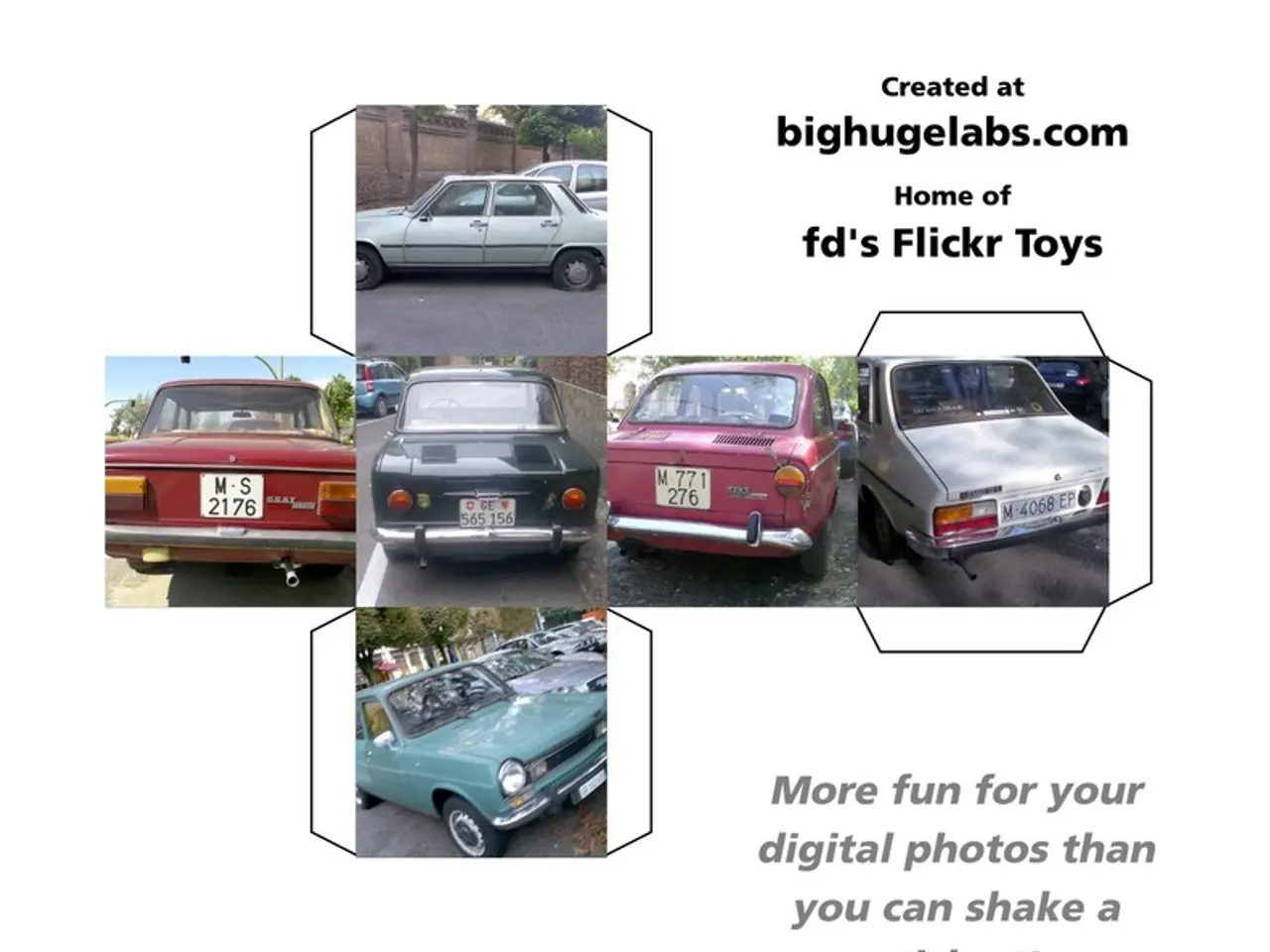Nearly six out of ten drivers currently operate vehicles that are over five years old.
In recent years, the average age of cars on British roads has been on the rise, with the latest data indicating that it is now around 9.5 years, up from 8.0 years five years ago. This trend, which has seen nearly 45 percent of UK-registered cars exceeding the decade mark, can be attributed to a combination of economic conditions, technological advancements in vehicle reliability, and market dynamics.
One of the key factors driving this shift is the impact of economic factors. Higher vehicle prices and lower incomes have led many consumers to retain their vehicles longer rather than purchasing new ones, particularly during economic downturns or periods of financial uncertainty. The COVID-19 pandemic has further exacerbated this trend, as disruptions to supply chains led to shortages in new vehicle availability, encouraging people to keep their existing cars longer.
Another contributing factor is the improved build quality and reliability of modern vehicles. According to industry experts, newer cars are generally more reliable and require less frequent replacement, allowing owners to keep them on the road for longer without significant maintenance costs. However, despite these improvements, twelve percent of motorists believe that modern cars are less resilient compared to older ones.
The rise in used car sales, particularly those aged 5–10 years, also indicates a preference for affordable, reliable vehicles over new purchases. This shift is influenced by factors such as affordability and the desire for cost-effective transportation. In fact, one in four motorists can't afford a newer vehicle, and eighteen percent of motorists feel used cars have become more expensive.
Despite these challenges, twenty-one percent of motorists report that their older car has stayed reliable. However, nine percent of motorists say their older cars break down more often, and more than one in ten motorists are spending more money keeping their existing car on the road. Those who do change their car often have less money to spend, and prices in the used car market are higher than pre-pandemic.
In light of these trends, it's important for consumers to carefully consider their options when making decisions about their vehicles. While newer cars may offer the latest technology and improved fuel efficiency, older cars can still provide reliable transportation at a lower cost. It's crucial to weigh the pros and cons of each option and make a decision that best suits individual needs and financial circumstances.
In other news, the Citroen C3 and DS3 models have been issued an immediate 'stop drive' order due to a safety issue, and the new Renault 4 E-Tech is available for £210 per month for those in the market for a newer vehicle.
[1] SMMT (2024). Average Age of Cars on British Roads Reaches 9.5 Years. Retrieved from [2] AA (2024). Economic Factors Drive Increase in Older Cars on British Roads. Retrieved from [3] RAC (2024). Used Car Sales on the Rise as Motorists Opt for Affordable, Reliable Vehicles. Retrieved from [4] Go Ultra Low (2024). Higher Prices and Lower Incomes Lead to Retention of Older Cars. Retrieved from [5] BBC News (2024). Pandemic Impact on Vehicle Availability Encourages Retention of Older Cars. Retrieved from
- As the average age of cars on British roads increases, many consumers are retaining their vehicles longer due to economic factors such as higher vehicle prices and lower incomes.
- The COVID-19 pandemic has further influenced this trend, causing disruptions to supply chains and limiting the availability of new cars, encouraging people to keep their existing vehicles for longer.
- Improved build quality and reliability in modern vehicles are allowing owners to keep them on the road for longer without significant maintenance costs, but some motorists still believe modern cars are less resilient compared to older ones.
- The rise in used car sales, particularly those aged 5–10 years, indicates a preference for affordable, reliable vehicles over new purchases due to factors such as affordability and the desire for cost-effective transportation.
- Some motorists are spending more money keeping their older cars on the road, while others are turning to newer cars offering the latest technology and improved fuel efficiency, such as the new Renault 4 E-Tech available for £210 per month.
- In light of these trends, it's crucial for consumers to carefully consider their options and make decisions that best suit individual needs and financial circumstances, taking into account both new and used car options in the automotive industry, including personal-finance considerations and budgeting.





